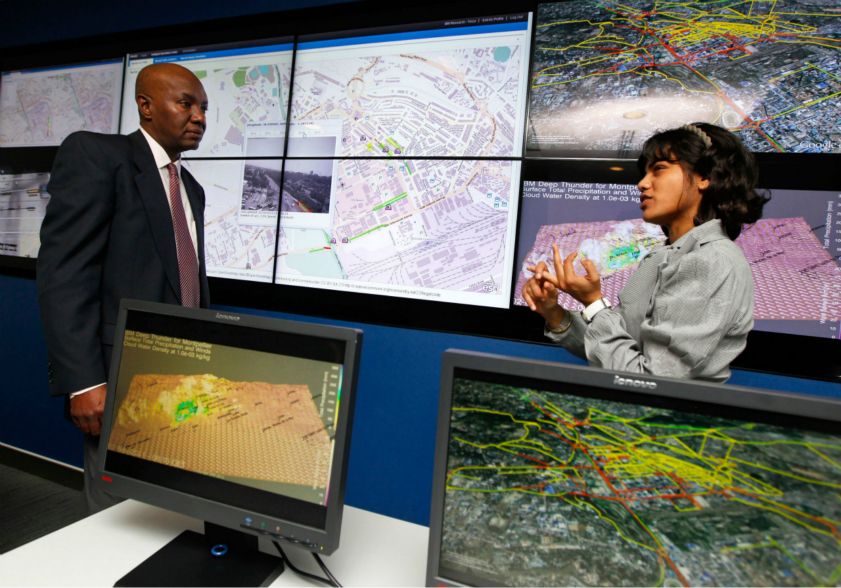
The world’s energy consumption problem is something that the brightest minds around the world are working to solve. As the globe’s population increases every minute, energy sources and the management of power consumption need to be transformed to keep up with the demand. Here are some recent developments in the world of energy innovation.
Renewable Sources
One of the biggest focuses in energy innovation for the future is the new spotlight on using more renewable sources. Energy companies, governments, and people around the world are choosing to invest in more sustainable energy products, such as solar, geothermal, wind, and hydropower. Not only are renewable sources becoming more common, but they are also becoming more economical as utility companies expand their energy offerings with more clean sources.
Unique Storage Options
As the world shifts from fossil fuels as the main source of power and to renewables, there is also a need for better energy storage options. Scientists and industry leaders are focusing on revamping the battery and trying new materials to make energy more efficient. Expect to see a bigger and better electric car battery that can improve driving efficiency. Lithium-ion battery technology is also poised to expand and become a primary source for solar energy customers.
Automated Software
Utility companies are also moving more towards artificial intelligence and automation in energy software solutions that help them manage their customers’ demand for power. Companies like spatialbiz.com help the power industry create a smoother experience for their customers without interruptions in service during peak energy usage times. Energy consumers around the world benefit from a streamlined software management program with their utility company.
Tidal Flow Energy
Tidal flow energy is something that has endless potential as a sustainable energy source. Today, this type of energy is most often harnessed close to the world’s coastlines with tidal generators in the ocean catching the power of waves. For the future, scientists hope to get even more power through the tides by exploring the deeper ocean and developing devices designed to absorb this power and convert it to energy.
Fuel Cell Technology
Fuel cells are also being developed that run more efficiently and generate more power for a variety of devices. They convert fuels into energy and heat. While this technology has been around for more than a century, today’s engineers are looking to update the fuel cell for the future. The problem with fuel cells is the need for hydrogen-based fuels and the cost and effort of storing this source of energy on a small scale. Today, nanotube technology is helping the fuel cell become cheaper to develop.
Microgrid Power
The last innovation in energy technology is the introduction of something called a microgrid. Most utility companies use a massive energy grid to manage customers’ need for power. The future of energy may shift to smaller, more localized grids that make energy service more personalized and efficient.
Technology, new ideas, and more sustainable energy options are changing the landscape of how energy is delivered and consumed today. In the next decade, the world will benefit from these exciting energy innovations.
This is an article provided by our partners network. It might not necessarily reflect the views or opinions of our editorial team and management.
Contributed content

Founder Dinis Guarda
IntelligentHQ Your New Business Network.
IntelligentHQ is a Business network and an expert source for finance, capital markets and intelligence for thousands of global business professionals, startups, and companies.
We exist at the point of intersection between technology, social media, finance and innovation.
IntelligentHQ leverages innovation and scale of social digital technology, analytics, news, and distribution to create an unparalleled, full digital medium and social business networks spectrum.
IntelligentHQ is working hard, to become a trusted, and indispensable source of business news and analytics, within financial services and its associated supply chains and ecosystems


























